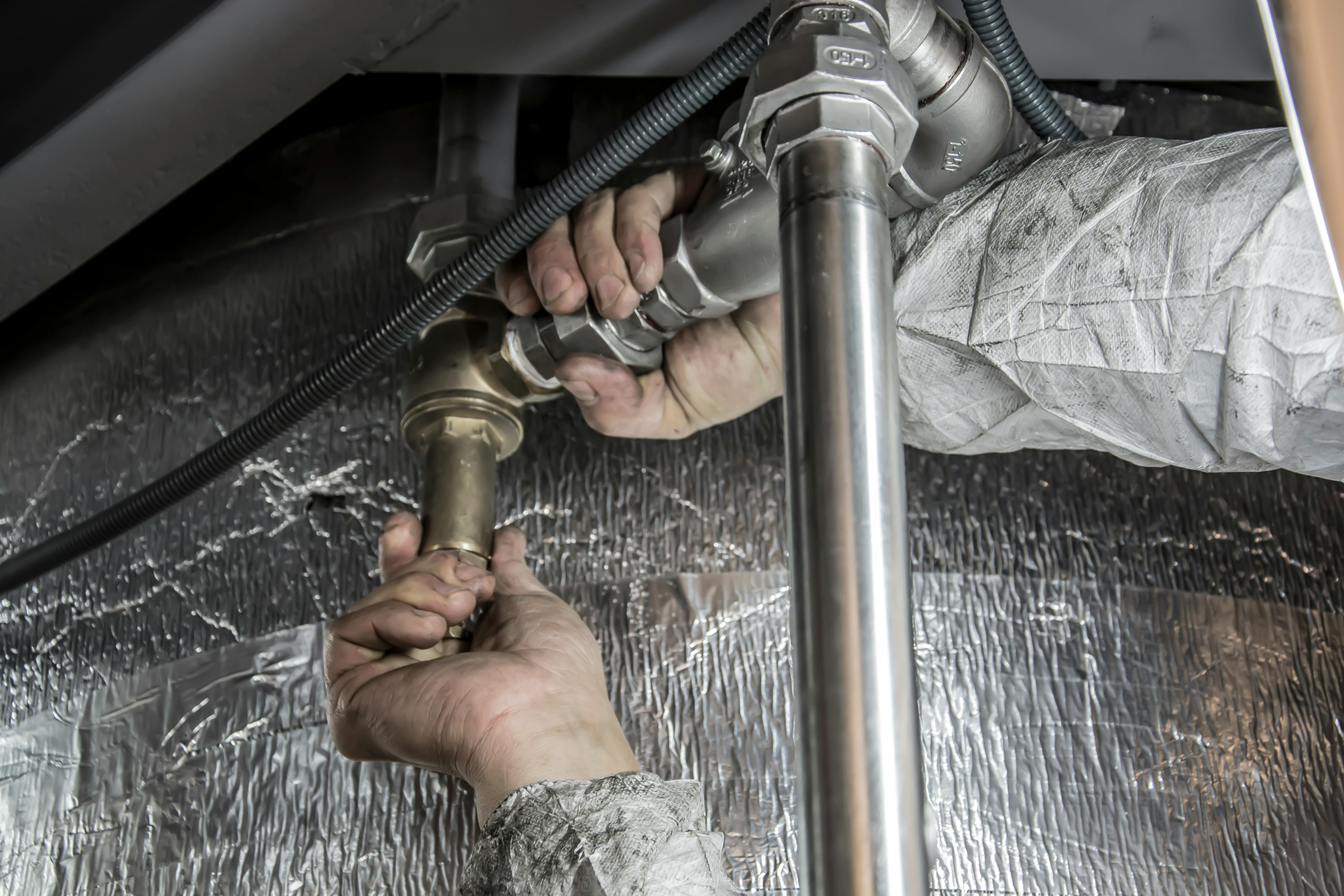Selling a multifamily or apartment building in New Hampshire can be a significant financial event. Understanding the applicable taxes, especially property gains tax, is crucial for maximizing your returns. This blog post will break down the essentials of property gains tax in New Hampshire, specifically for multifamily and apartment buildings.
What is Property Gains Tax?
Property gains tax, also known as capital gains tax, is a tax on the profit you make from selling an asset, in this case, your multifamily or apartment building. The taxable gain is calculated like this:
The Gain = Your sales price of the property – selling expenses (real estate commissions, legal fees to close) – The price you originally paid for the property – the cost of any renovations you’ve done to the property (new roof, an addition, parking paving) + any depreciation you’ve claimed on your tax statements.
If you are selling a property to purchase another property, you can potentailly avoid capital gains by transfering the money to the new property using a 1031 exchange. I outline that in more detail in another post.
How Does it Work in New Hampshire?
Good news! New Hampshire does not have a state-level capital gains tax. This means you won't pay any state income tax on the profit from selling your multifamily or apartment building. However, you will still be subject to federal capital gains taxes.
Do I have to pay capital gains taxes on a house sold in New Hampshire if I live in another state?
No - not state but you will still pay federal tax.
Federal Capital Gains Tax Rates
The federal capital gains tax rate depends on how long you owned the property and your income level.
- Short-term Capital Gains: If you owned the property for one year or less, the profit is considered a short-term capital gain and is taxed at your ordinary income tax rate as if it was part of you annual salary.
- Long-term Capital Gains: If you owned the property for more than one year, the profit is considered a long-term capital gain and is taxed at a lower rate. There’s a chart below to summarize the 2025 rates. You can check the IRS rates here.

Your tax could be up to 25% if you used an accelerated depreciation method for your taxes, if you’re in that scenario you’re likely using a tax professional, so I’ll keep it out of this article for simplicities’ sake.
If your capital losses exceed your capital gains, you can carry that over to next year’s taxes to reduce your taxable income payment next year.
Disclaimer: This blog post is for informational purposes only and does not constitute tax advice. Please consult with a qualified tax professional for personalized 1 advice



